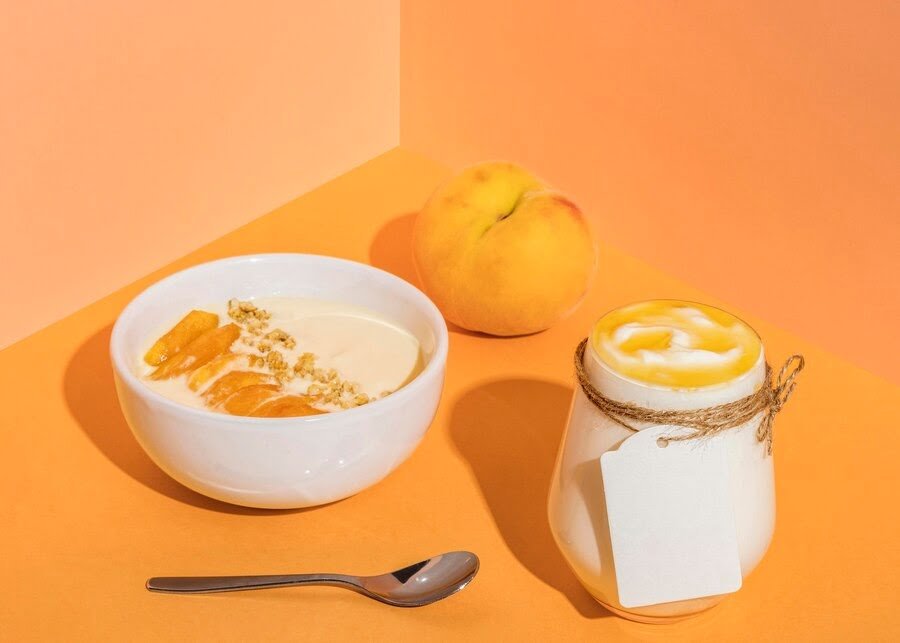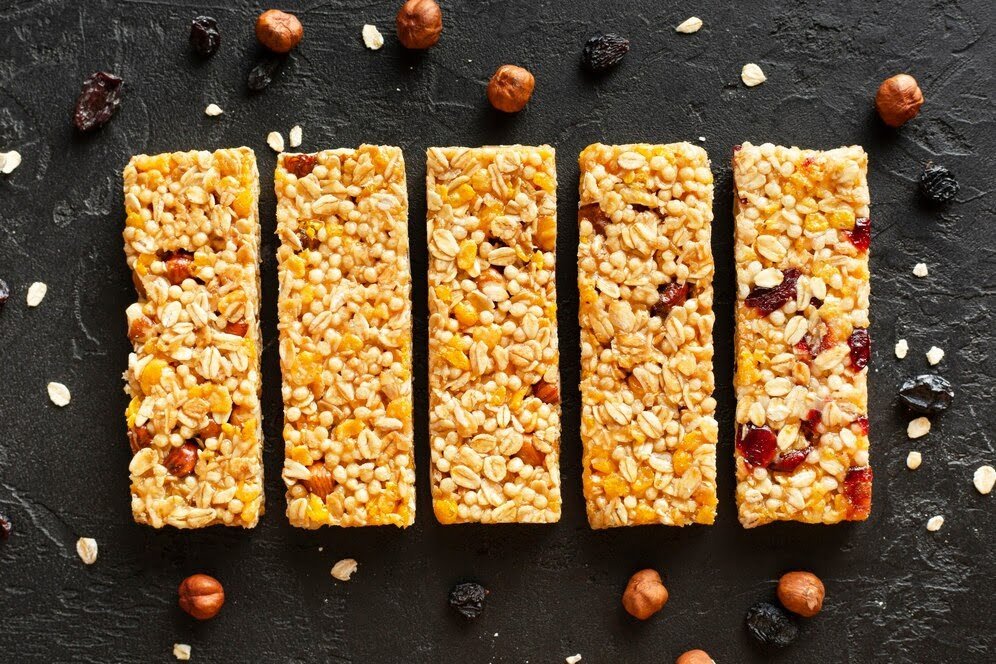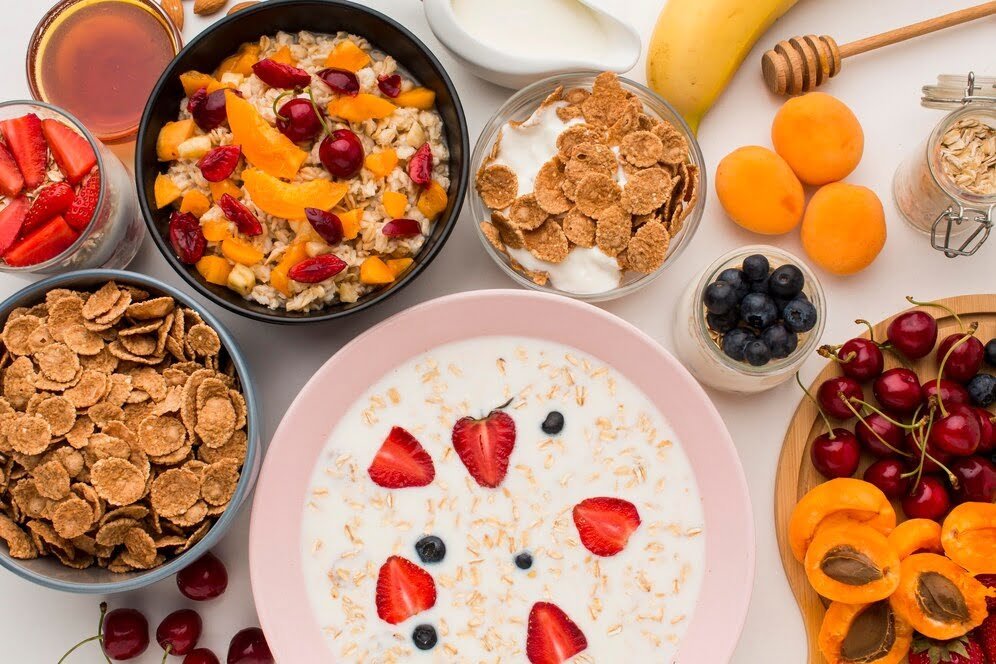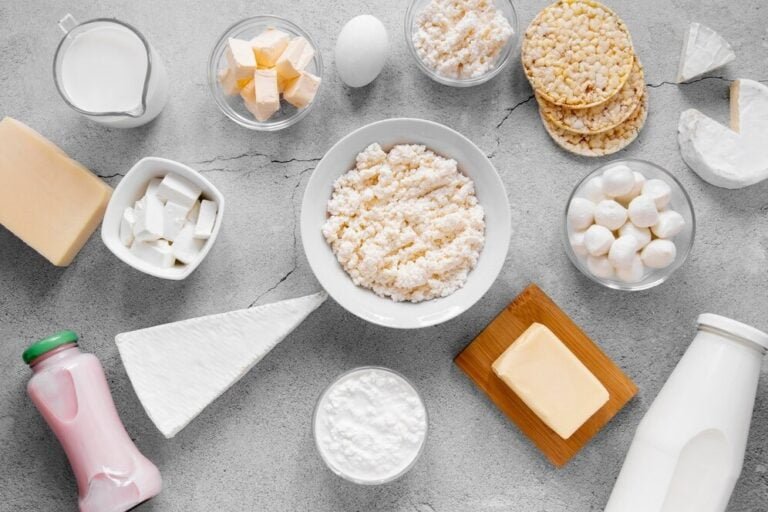
In today’s rapidly moving society, the need for convenience frequently drives our dietary decisions. With busy schedules and the constant need for quick, easy meals, many of us gravitate toward foods that seem healthy but may have hidden dangers. While some foods are blatantly unhealthy, others sneak into our diets under the guise of health and convenience, silently undermining our well-being over time. Let’s take a closer look at ten such common foods that, when consumed frequently, can be slow killers for health.
10 Foods That Are Slow Killers for Health:
1. Fruit Juices:

Fruit juices often carry a health halo. After all, they come from fruit, right? However, most commercial fruit juices are loaded with added sugars and lack the beneficial fiber found in whole fruits. This combination can lead to rapid spikes in blood sugar levels, followed by crashes that leave you craving more sugar. Over time, these sugar highs and lows can contribute to weight gain, insulin resistance, and an increased risk of type 2 diabetes.
2. Flavored Yogurts:

Yogurt, especially the flavored varieties, is another common dietary trap. Marketed as a healthy snack rich in probiotics, many flavored yogurts are packed with sugar, artificial flavors, and preservatives. A single serving can contain as much sugar as a candy bar. This excess sugar can lead to weight gain, inflammation, and metabolic issues.
3. Granola Bars:

Granola bars are the quintessential quick snack, advertised as wholesome and nutritious. Yet, a closer look at the ingredient list reveals high levels of sugar, unhealthy fats, and artificial additives. Many granola bars are more akin to candy bars in disguise, providing a quick energy boost followed by a crash, contributing to poor metabolic health and weight gain.
4. Sports Drinks:

Sports drinks are designed to replenish electrolytes and hydrate athletes, but they’ve made their way into everyday consumption. These beverages often contain high levels of sugar and artificial colors. Unless you’re engaging in prolonged, intense exercise, the extra sugars can contribute to weight gain, tooth decay, and an increased risk of metabolic syndrome.
5. Diet Sodas:

Diet sodas seem like a healthier alternative to regular sodas due to their zero-calorie labels. However, they contain artificial sweeteners like aspartame and sucralose, which can negatively impact gut health and metabolism. Studies have linked the consumption of diet sodas to an increased risk of stroke, heart disease, and weight gain, due to potential disruptions in metabolic processes and insulin sensitivity.
6. Whole Wheat Bread:

Whole wheat bread is often seen as a healthier choice compared to white bread. While it does have more fiber and nutrients, many store-bought whole wheat breads are made with refined flour and added sugars. These breads can cause blood sugar spikes similar to white bread, contributing to insulin resistance and an increased risk of type 2 diabetes.
7. Canned Soups:

Canned soups are a quick and easy meal option, especially for those short on time. However, they are frequently high in sodium, with some cans containing more than the recommended daily intake. Excessive sodium consumption is linked to high blood pressure, heart disease, and stroke. Additionally, many canned soups contain preservatives and additives that can negatively impact health over time.
8. Salad Dressings:

Salads are the epitome of a healthy meal, but the dressings we pour over them can be deceptive. Store-bought salad dressings often contain unhealthy fats, sugars, and artificial additives. A seemingly healthy salad can quickly become a calorie-dense, nutritionally poor meal when drenched in these dressings. Opting for homemade dressings with olive oil, vinegar, and herbs can be a much healthier choice.
9. Breakfast Cereals:

Breakfast cereals, especially those marketed to children, can be nutritional nightmares. Even cereals that claim to be healthy often contain high amounts of sugar and refined grains. These cereals can cause a rapid spike in blood sugar, leading to a mid-morning crash and increased hunger. Over time, this can contribute to weight gain, poor metabolic health, and an increased risk of chronic diseases.
10. Low-Fat or Fat-Free Products:

In the quest for healthier eating, many people turn to low-fat or fat-free products. However, these products often compensate for the lack of fat by adding extra sugars and artificial ingredients to improve taste. This can result in a product that is less satisfying and potentially more harmful than its full-fat counterpart. Healthy fats are essential for satiety and nutrient absorption, so it’s better to consume them in moderation rather than opting for processed low-fat alternatives.
Conclusion:
Awareness is the first step toward healthier eating. While the foods listed above may seem harmless or even beneficial at first glance, their long-term consumption can have serious health consequences. By becoming more mindful of ingredient lists and choosing whole, minimally processed foods, we can protect our health and well-being. Making small changes in our diet can lead to significant improvements in our overall health, helping us avoid the slow killers for health that are lurking in our everyday meals.
Read Next:

The Psychology of Love: Why Valentines Day Matters More Epic Than You Think
Discover the psychology of love and why Valentines Day is more important than you think. Learn how love impacts the brain, strengthens relationships, and boosts

Premier League Highlights: Arsenal Humiliate Man City 5-1, Spurs and Palace Secure Crucial Wins
Arsenal demolished Manchester City 5-1 in a statement premier league highlights win, reigniting their title hopes. Meanwhile, Crystal Palace stunned Man United 2-0, and Tottenham

How Budget 2025 Impacts the Indian Middle-Class: Major Tax Benefits and Glaring Omissions
Budget 2025 offers major tax relief to the middle class, including zero tax on incomes up to ₹12 lakh. However, it misses out on incentives
